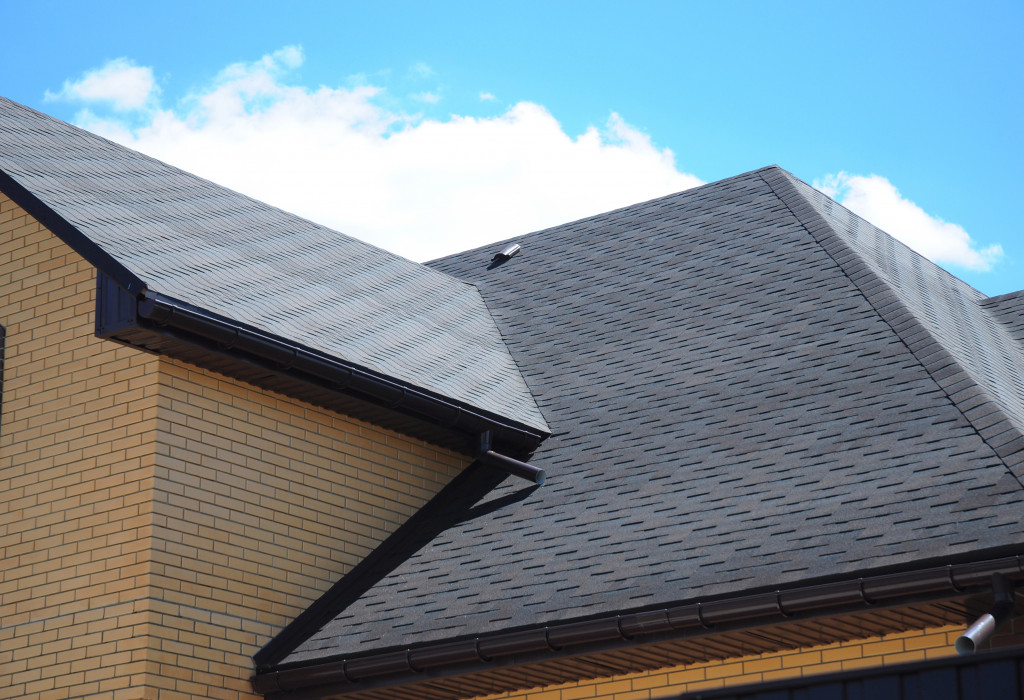When you are looking into getting involved in real estate, it is important to look at your finances to see what you can afford. One way of doing this is through loans. The types of loans available differ in interest rates, closing costs, and length.
If you are planning on using your real estate property to buy or sell, then a real estate investment loan is a good choice. Real estate investment loans tend to have low closing costs and lower interest rates than traditional home equity loans.
Real estate investors can use their properties as collateral when applying for these kinds of loans. Here are the most common types of loans for real estate investment:
Traditional Home Equity Loans
This type of loan is usually taken out at a bank or credit union by an investor who already has a property to use as collateral against the loan. The interest rates are often higher than other mortgages, but they can also have lower closing costs. Some investors will use the equity line of credit on their primary residence for this type of loan.
HELOC, or Home Equity Line of Credit Loans
A home equity line of credit is similar to a traditional HELOC, except that it can be used in multiple ways. A borrower can get access to the credit line when needed, and then repay it in full when they want to.
The interest rates for this type of loan are usually variable and can change at any time. The closing costs are also lower than traditional HELOC loans.
Tax Liens Loans
This is a type of short-term loan that allows an investor to buy a property from the government. The tax lien comes with the property itself and has to be paid back within a few years of buying it. The interest rates for this kind of loan are usually higher than traditional loans because the investor is taking a big risk by paying off an outstanding bill that isn’t even their own.
All Interest Loans
These are short-term loans that typically come with an interest rate that is higher than the borrower’s credit score. The loan is also slightly less secure because it can be sold to another investor if the current investor cannot pay it back.
Interest loans tend to have low closing costs, but they should not be used if the borrower is not confident in their ability to pay it back quickly. All interest loans are usually short-term, so the borrower should be sure that they can get their loan repaid by the time it’s due.

Hard Money Loans
This type of loan is very similar to an interest loan. The borrower can get a high-interest rate on their money, but the loans tend to be short-term and have strict repayment clauses.
Traditonal hard money loans are usually used by investors who need quick access to short-term capital, so they can buy another property before they sell the one that they already have. This can be beneficial for your investment since it can increase your profits and reduce your risk of being tied up to one property.
Equity Lines of Credit
This type of loan is a line of credit that uses the equity from one property as collateral against another property. When an investor has two properties, it is easier to get a low-interest rate with this kind of loan because there is more collateral involved. The borrower will pay both closing costs and interest on this loan, but these costs will usually be lower than a traditional HELOC.
One downside of this kind of loan is that it can tie up a lot of money if the borrower defaults on their mortgage payments. This means that borrowers have to use another property as collateral until they sell their current one.
Fix and Flip Loans
These loans are specifically for people looking to sell the house quickly. These loans are usually short-term and can last anywhere from six months to one year. They often have interest rates around 10 percent, but they do not require a credit check or down payment.
First, you must know who in your area offers these types of loans. You can find this information from web searches or taking time to ask around. Once you have the lender’s name, contact them to see if they will work with you on a short-term fix and flip loan.
As with any kind of loan, you should always consider the interest rates and closing costs before applying for a hard money loan. You can discuss this information with a broker or banker before choosing which industrial loan best fits your needs.







